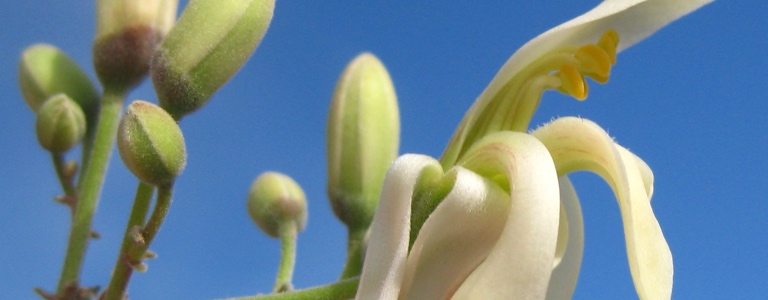HEALTHWISE

EXPERTS PUSH FOR STRONGER COLLABORATION BETWEEN TRADITIONAL AND MODERN MEDICINE
Experts and academics have called for a stronger partnership between traditional healing practices and modern medicine to build a healthier Nigerian society. This came during the second webinar series hosted by the Centre for Cultural Studies at the Federal University of Lafia (FULafia), held in Lafia, Nasarawa State.
The event, themed “Revisiting Our Past: Bridging Indigenous Wisdom and Modern Medicine for a Healthier Future,” aimed to highlight the value of indigenous knowledge in improving healthcare.
Prof. Zara Kwaghe, Director of the Centre for Cultural Studies, stressed the importance of embracing both systems rather than choosing one over the other. “The goal is to imagine a healthcare future that is inclusive, sustainable, culturally grounded, and scientifically sound,” she said.
Kwaghe noted that FULafia is committed to working with communities and traditional healers as part of its social responsibility to foster a healthier society.
During the event, the Dean of the Faculty of Health Sciences, Prof. Aleruchi Chuku, presented a paper on the microbiological benefits of bioactive plants in traditional healing. She advocated for sustained collaboration to scientifically prove and document traditional practices, enabling proper dosage measurement for both children and adults.
“There is a need to come together to scientifically prove what traditionalists have been doing and document it,” Chuku said. She also called for the creation of a national herbal database, standard guidelines for preparation and dosing, and investments by governments in clinical trials of key medicinal plants.
On his part, the Provost of FULafia’s College of Medicine, Prof. Ali Shugaba, said traditional therapies could complement modern healthcare, especially in preventive care, mental health, and chronic diseases. He urged the government to integrate traditional medicine into the national healthcare system with appropriate oversight.
Meanwhile, Prof. Victor Dugga, Provost of the College of Postgraduate Studies, highlighted the urgent need to properly document and digitise indigenous African medical practices, which he said have largely been ignored.
Representing the Vice Chancellor, Prof. Shehu Abdul-Rahman, the Dean of the Faculty of Management Sciences, Prof. Muhammad Kida, emphasised the importance of researchers, institutions, and practitioners working together to assess how traditional medicine can contribute to modern healthcare.
The webinar also featured insights from a traditional healer, Isa Anbana, who shared how traditional medicine effectively treats various ailments and how healers refer patients to hospitals when needed. He noted that traditional healers responsibly pass on their knowledge to those who are willing to learn under strict conditions.
In a goodwill message, the university’s pioneer Vice Chancellor, Prof. Ekanem Braide, applauded the initiative and suggested that traditional practitioners be given roles in the university’s faculties and College of Medicine to help preserve and pass on indigenous medical knowledge.
The event ultimately provided a platform for experts, traditional practitioners, and stakeholders to explore ways to integrate Nigeria’s rich traditional medical heritage into modern healthcare, with the goal of building a stronger, healthier population.
"This represents a significant development in our ongoing coverage of current events."— Editorial Board









